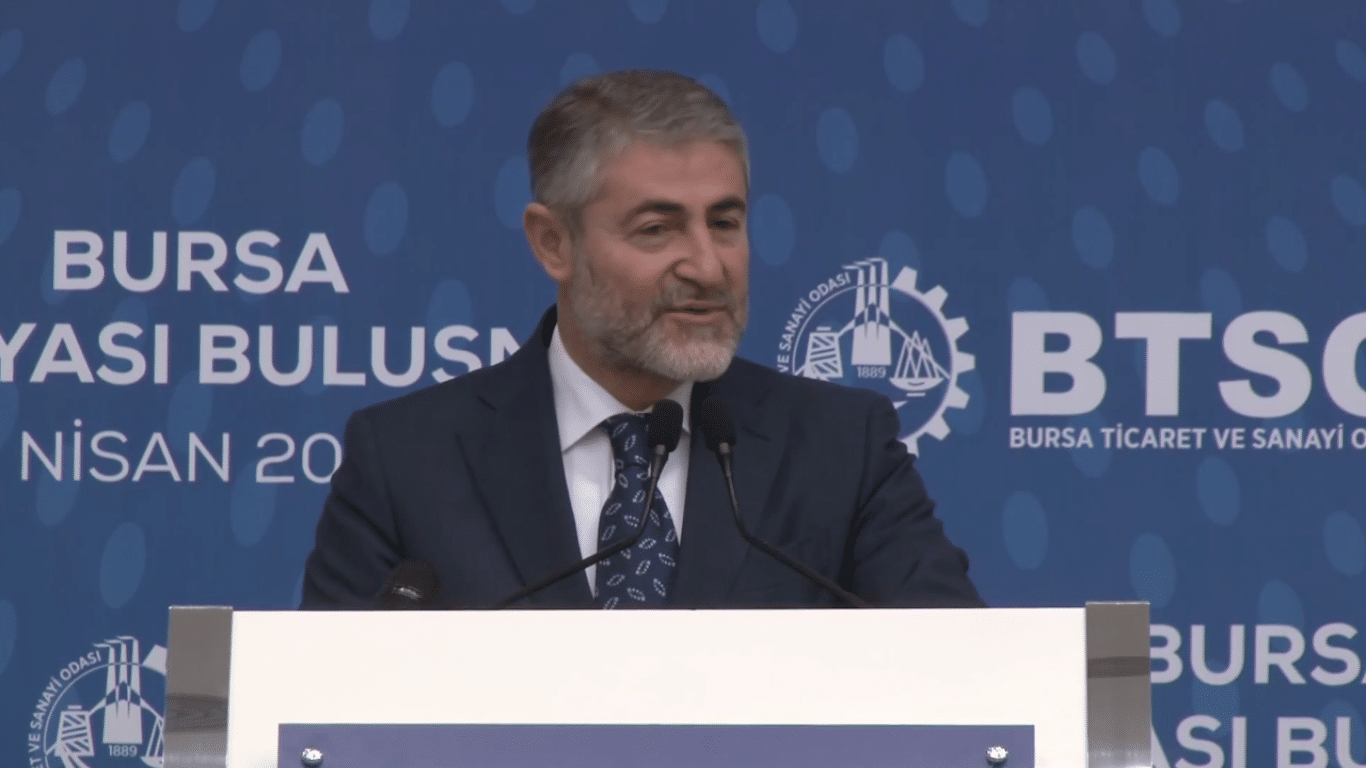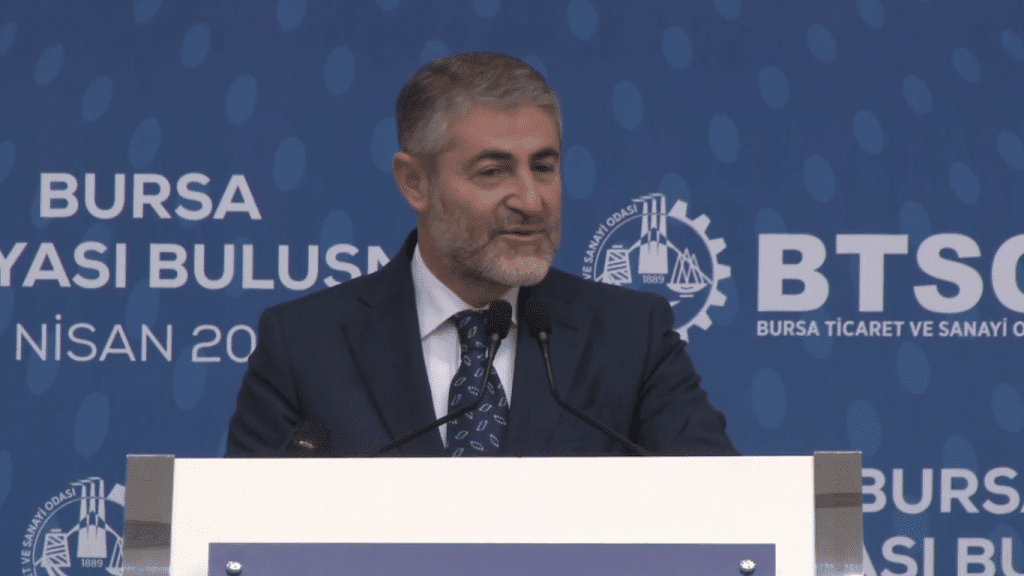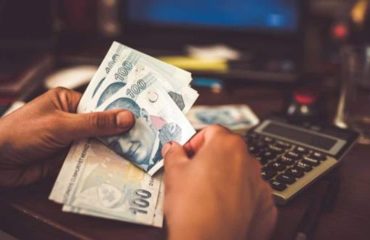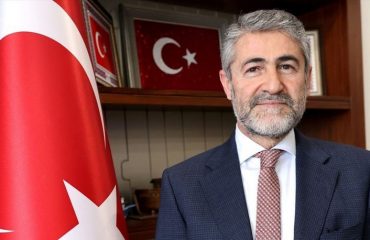

Treasury and Finance Minister Nureddin Nebati stated that Turkey’s inflation is high and “a problem”, adding that currency fluctuation has been taken under control as the high growth rate reflected employment positively.
“Inflation is around 60 percent right now. Is this a problem? Yes it is a problem. But we managed to take (Turkish economy) out of the interest rate clamp,” he said on April 4 in a speech he delivered at East province of Bursa.
Turkey’s domestic economic indicators, according to Nebati, are showing “good progress,” with the high growth rate reflecting positively on employment.
Turkey’s inflation keeps increasing as President Tayyip Erdoğan is determined to keep interest rates low to boost export-led economic growth. The Turkish Lira lost 43 percent of its value against foreign currencies in 2021, which severely affected prices and living conditions.
TÜİK: 61 percent – Independent group: 142 percent
Turkey’s inflation keeps soaring as the Turkish Statistical Institute (TÜİK) announced the Consumer Price Index (CPI) increase for March was 5,46 percent, reflecting annual inflation as 61,14 percent. The domestic Producer Price Index (PPI) increased by 114 percent annually and 8.19 percent monthly.
Independent researchers indicate an even higher number. According to the Inflation Research Group (ENAGroup) data, which consists of Independent Academicians, the annual E-CPI increased by 11.93 percent in March 2022 and 142,63 percent in the last 12 months. ENAGroup calculates inflation with daily data extraction and filtration, which differs from but in the vicinity of the official TÜİK calculation methodology.
The category with the biggest increase was in transportation, food and non-alcoholic beverages. Transportation increased 99,12 percent, while food and beverages increased 70,33 percent, household goods increased 69,26 percent.
Deposit Protection Program
The government announced a new financial scheme, deposit protection program (KKM), in December to ensure Turkish Lira deposit holders stay in domestic currency by guaranteeing to pay the loss of TL against currencies with respect to inflation from the treasury and CBRT. The scheme held the US Dollars-TL parity at a 13-15 level, however, economists warn about its effect on the treasury.
Arguing that inflation is a global issue and not exclusive problem for Turkey, Finance Minister Nebati stated that the scheme decreased “the exchange rate pressure on inflation.”
“We have eliminated the currency fluctuation by the KKP and financial tools provided by that scheme. As of April 1, the balance in KKM accounts has reached TL 695 billion. KKM Account holders started to receive their returns,” he said.
“In the banking sector, steps are being taken to pave the way for the business world by selective exchange rate policies,” he added.
According to an economist from Dünya newspaper Alattin Aktaş, the scheme has cost 13,5 billion Turkish Liras to the treasury as of March.
VAT reduction
In order to fight the deteriorating living conditions, Erdoğan announced last week that the government will resort to reducing VAT on essential goods and household expanses as well as estate plots and steel to “reduce the VAT-based financing burden of the construction sector.”
Economist Fatih Özatay wrote on YetkinReport that the tax reduction could only have a transient effect on inflation as it will not solve the high cost of living.


